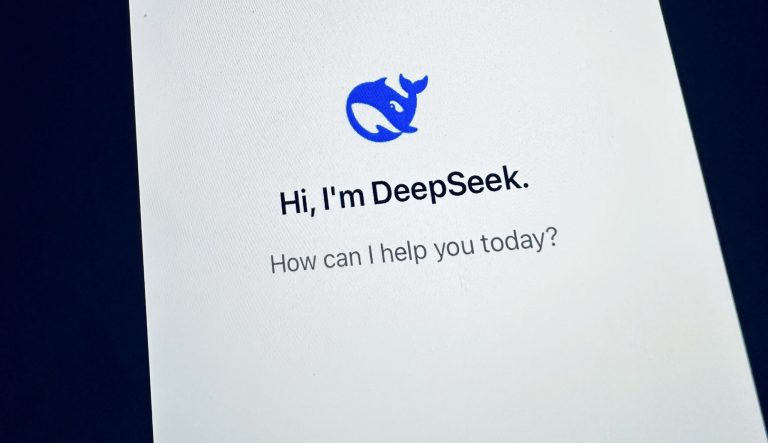South Korea’s intelligence agency has raised alarms over the potential national security risks posed by DeepSeek, the Chinese artificial intelligence app.
The National Intelligence Service (NIS) has warned government bodies about the app’s data collection methods, alleging that it transfers user data to Chinese servers and grants advertisers unrestricted access.
Authorities in South Korea have responded by blocking the app across multiple ministries, joining Australia and Taiwan in restricting or warning against its use.
The concerns stem from DeepSeek’s ability to track keyboard input patterns and its inconsistent responses to politically sensitive questions.
These issues highlight the growing debate over data privacy and the broader implications of AI-driven information control.
User data sent to China, NIS claims
The NIS issued a statement on Sunday detailing its concerns over DeepSeek’s data handling practices.
Unlike other generative AI tools, DeepSeek reportedly collects keyboard input patterns that can identify users and transmits this information to Chinese servers, including volceapplog.com.
Under Chinese cybersecurity laws, the government could theoretically access this data upon request.
The app’s advertising model has raised security concerns. The NIS claims that advertisers have unlimited access to user information, increasing the risk of data misuse.
These allegations follow similar data privacy concerns that have led to regulatory scrutiny of other Chinese tech firms, particularly those operating AI-driven applications.
Censorship and misinformation flagged
Beyond data privacy concerns, DeepSeek has been flagged for inconsistencies in responses to politically and culturally sensitive topics.
The NIS highlighted the app’s contradictory answers regarding the origin of kimchi, a staple dish in South Korea.
When asked in Korean, DeepSeek reportedly identified kimchi as a Korean dish, but when the same question was posed in Chinese, the app claimed the dish originated in China.
The issue reflects broader cultural disputes between China and South Korea, which have previously sparked online debates.
The app’s selective responses extend beyond cultural matters. Users have also reported that questions about the 1989 Tiananmen Square crackdown are met with evasive suggestions to change the topic.
Such inconsistencies raise concerns about information control and censorship embedded within AI platforms, particularly when those platforms are influenced by the policies of their home countries.
Governments increase AI scrutiny
DeepSeek is not the first Chinese AI platform to face scrutiny over data security and content moderation.
Governments worldwide have become increasingly cautious about foreign AI applications, particularly those originating from China, due to concerns over data sovereignty and potential misuse.
South Korea’s decision to restrict DeepSeek follows similar actions by Australia, India, and Taiwan, which have placed regulatory barriers on the app.
The move is part of a broader trend where nations are tightening oversight on AI-driven services to prevent potential security breaches.
China’s foreign ministry, responding to the growing restrictions, has defended the country’s data privacy practices, stating that the government does not require companies to collect or store data unlawfully.
South Korea’s intelligence warnings suggest that concerns remain unresolved, reinforcing the geopolitical tensions surrounding AI governance and data security.
The post South Korea flags DeepSeek AI over ‘excessive’ data collection and security risks appeared first on Invezz

